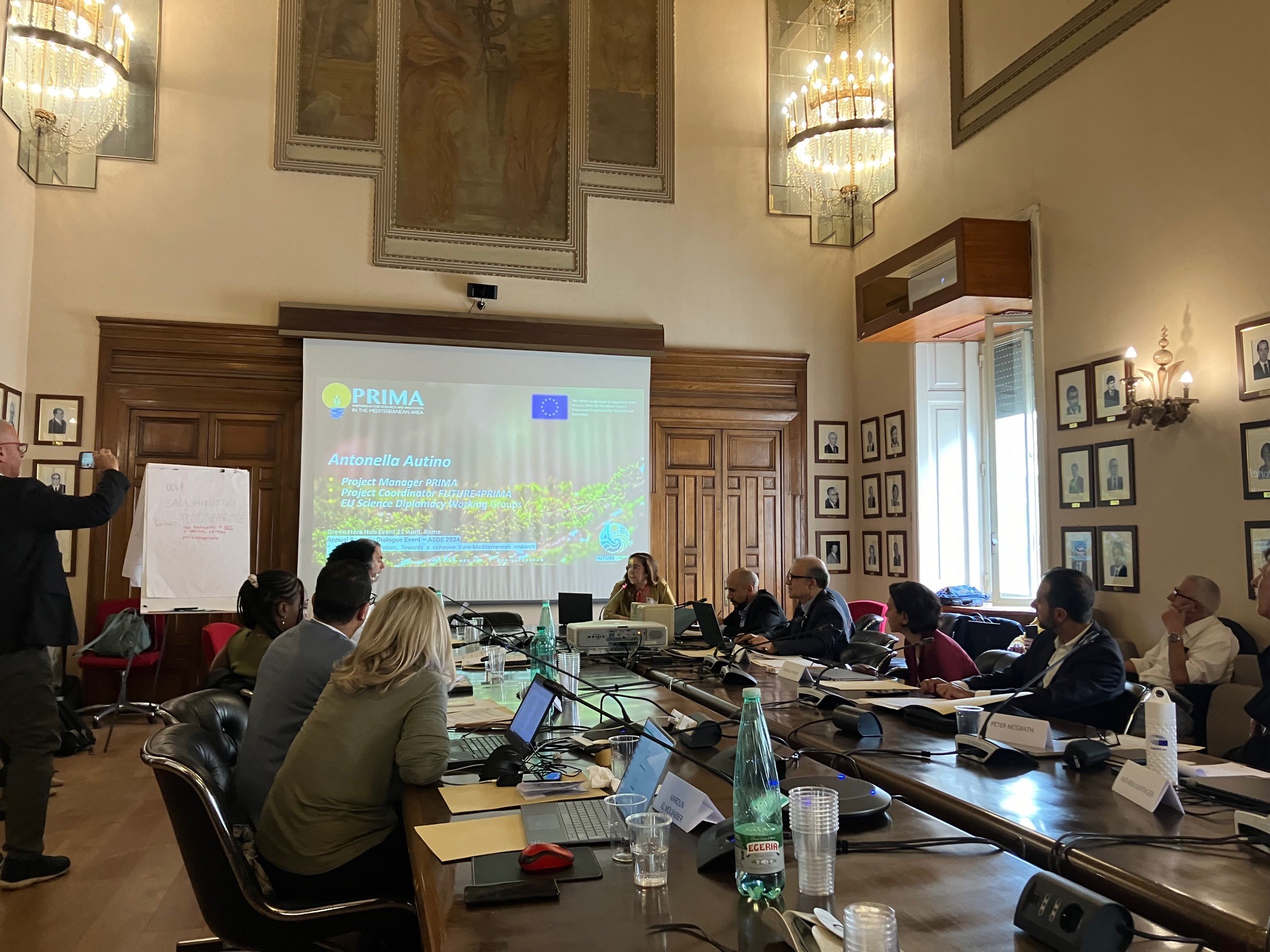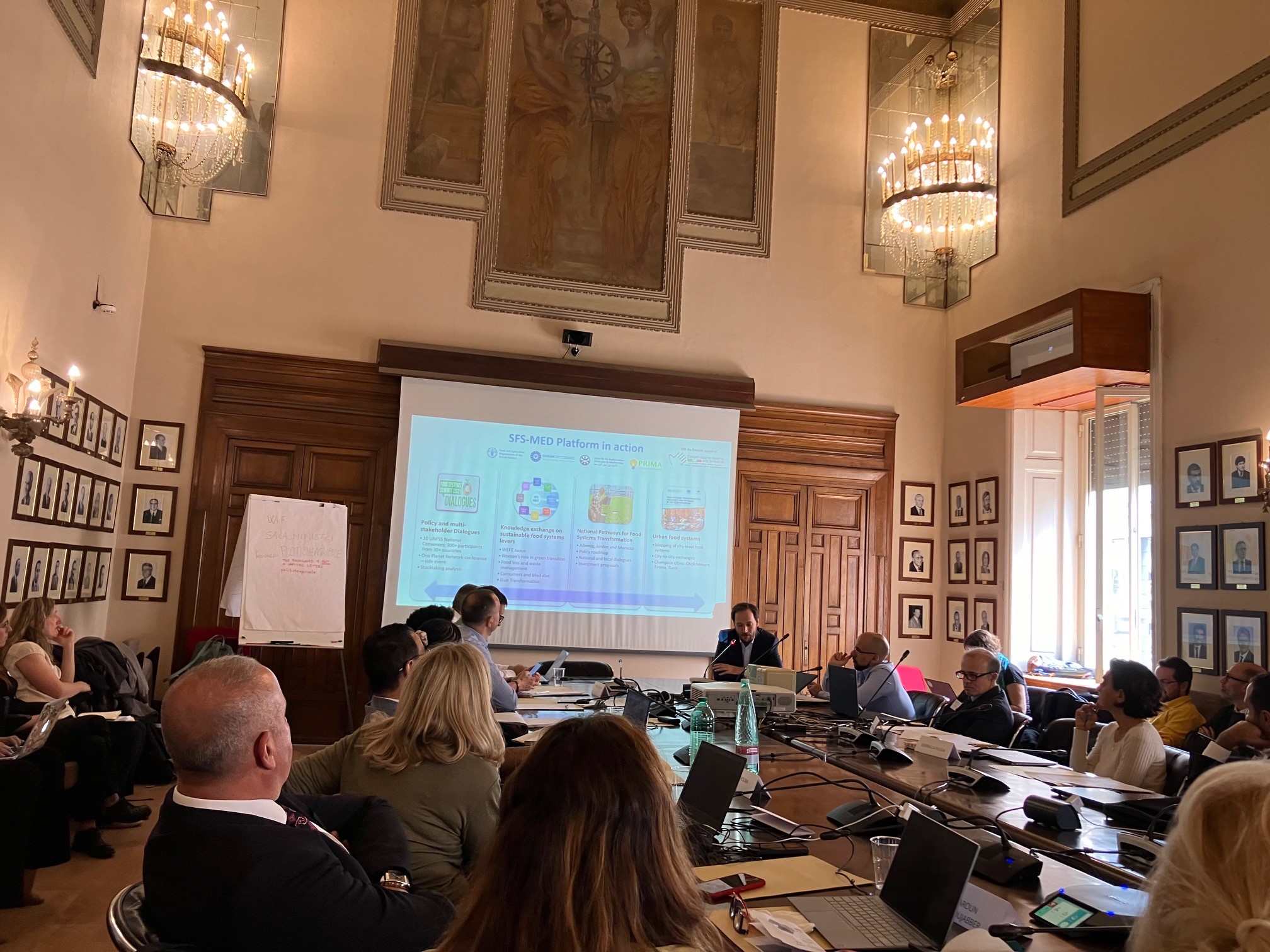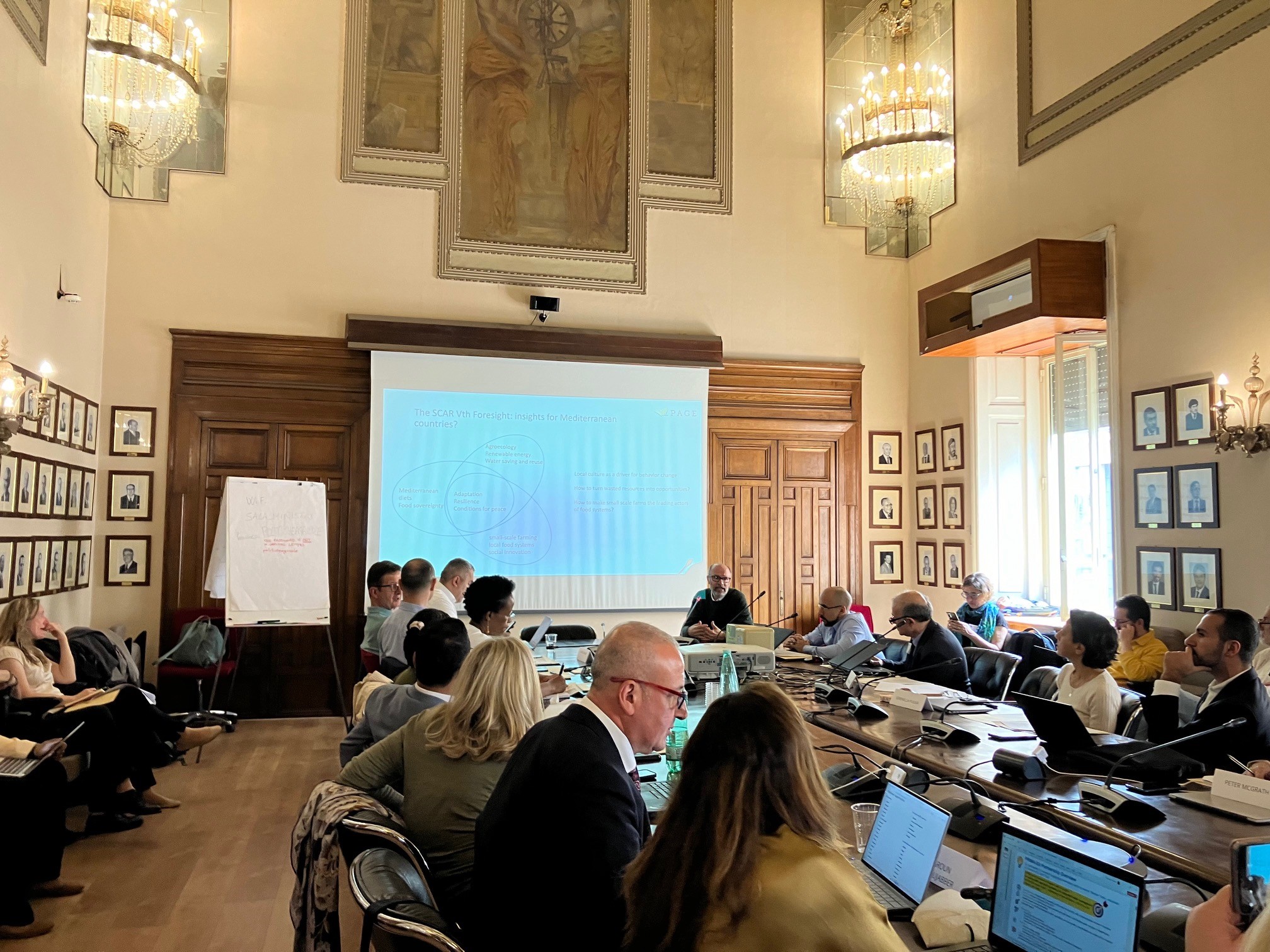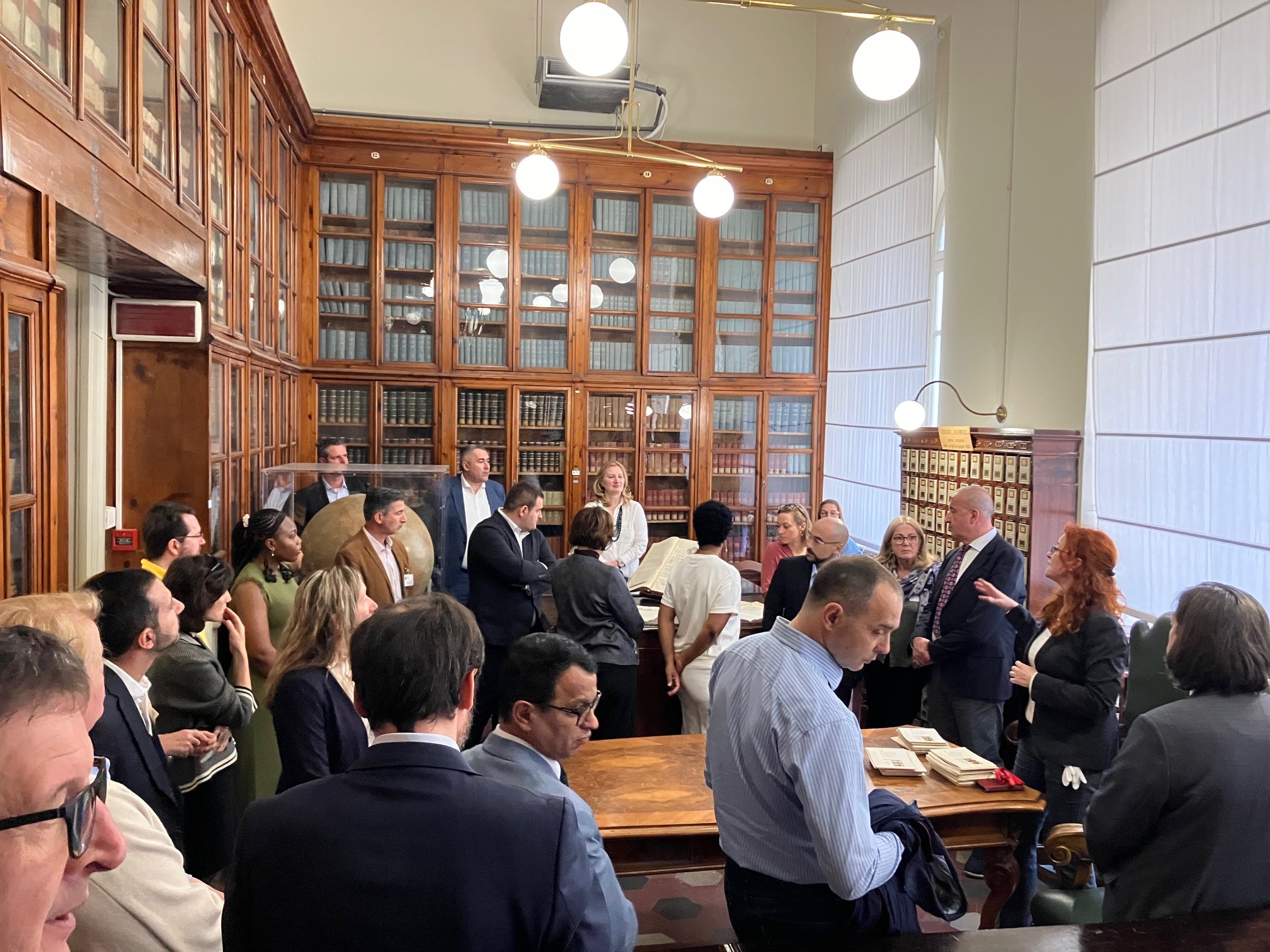The Hungarian EU presidency is scheduled for the second half of 2024. One of the presidency’s plans is to propose a new partnership to boost the development of the bioeconomy in Central and Eastern European countries. The region wants to use PRIMA, a research collaboration involving 19 countries around the Mediterranean, as a model.
Hungary will propose a new partnership to boost the development of the bioeconomy in Central and Eastern European countries during its EU presidency. The idea will be officially presented in Brussels on 4 July, with the aim of launching it in early 2028 for a period of seven years.
The region has a high potential of renewable bioeconomy resources such as forests, crops, livestock and micro-organisms from which food, materials and energy can be produced. However, production and processing facilities are not modernised, and the region is seen as not maximising its opportunities due to a lack of coordinated planning and low investment in innovation.
It could be addressed either through a new co-funded partnership under the Horizon Europe research programme, or through the same mechanism on which the Partnership for Research and Innovation in the Mediterranean (PRIMA) is based. PRIMA brings together 19 countries around the Mediterranean and Germany to strengthen research cooperation in water management, agriculture, energy, and food production.
The BIOEAST Initiative, an intergovernmental policy steering group in 11 Central and Eastern European countries, favours the PRIMA-style option.
Barna Kovács, BIOEAST’s secretary-general, said it was “more realistic” in terms of securing the commitment of Central and Eastern European countries. It could have the added bonus of a long-term budget, and it would also anchor the objectives of the partnership more firmly in the participating member states.
While the partnership would focus on Central and Eastern European countries, it should also include other EU member states and European neighbours, including the Western Balkans, Moldova and Ukraine. BIOEAST envisages the possibility of 25 to 30 countries joining the partnership.
The estimated initial budget for a PRIMA-style partnership is around €400 million, of which about half would come from the participating Member States and half from the Commission. To put this in context, the total PRIMA budget is just under €500 million. The idea would be to eventually attract additional private investment.






